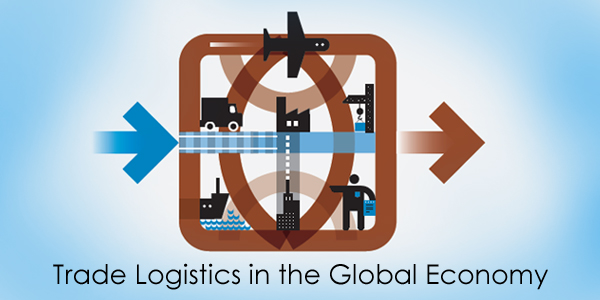 Garment exporting hubs like Bangladesh and India have improved their standing in World Bank Group’s bi-annual “Logistics Performance Index (LPI) 2016”. However, Vietnam has seen downfall, the report states.
Garment exporting hubs like Bangladesh and India have improved their standing in World Bank Group’s bi-annual “Logistics Performance Index (LPI) 2016”. However, Vietnam has seen downfall, the report states.
The World Bank Group’s Bi-Annual Report – ‘Connecting to Compete 2016: Trade Logistics in the Global Economy’ captures critical information about the complexity of international trade. It further mentions that Bangladesh climbed 21 spots to be at 87th place in the latest report while it was on 108th in the same report of 2014. India has too significantly improved its ranking by 19 places, from 54th in 2014 to 35th in 2016. On a strike contrast, Vietnam is on 64th, slipping by 16 places. Germany is again on top while China is on 27th spot in the 2016 report. In terms of lower-middle-income economies, India emerged as the top performer while Vietnam is on fifth place.
Also Read – World Bank publishes report on South Asian’s Apparel Sector
The Logistics Performance Index within the report scores 160 countries on key criteria of logistics performance. Global trade depends on logistics and how efficiently countries import and export goods, and determines how they grow and compete in the global economy. It is based on surveys conducted from more than 1,200 logistics professionals.
The report also ranks the countries in terms of Customs and Infrastructure, International Shipments, Logistics Quality and Competence, Tracking and Tracing, and Timeliness.
| Country | Customs | Infrastructure | International Shipments | Logistics Quality and Competence | Timeliness |
| India | 38 | 36 | 39 | 32 | 42 |
| Bangladesh | 82 | 87 | 84 | 80 | 109 |
| Vietnam | 64 | 70 | 50 | 62 | 56 |
Additionally, the report talks about Trans-Pacific Partnership (TPP) and states, “From a logistics standpoint, there are a number of relevant aspects of the agreement. First, logistics is a service, so the agreement provisions on trade in services could facilitate international exchange involving logistics providers. The agreement also includes provisions on trade facilitation, in line with existing international agreements. One innovative aspect of the agreement that is important to the logistics community is the annex on express delivery services, which is designed to level the playing field among private sector delivery services and traditional postal operators. If implemented, there is potential for these provisions to facilitate the expansion of delivery services in countries where accessibility to such services is low.”






